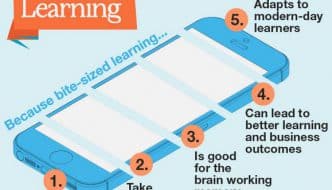We Are Drawn To Effortless Education Which Results In Temporary, Fleeting Illusions Of Grandeur
There are no shortcuts to learning. Yet, we believe there are. We rush to see the top 20 tips in 60 minutes. Or the six best pointers an expert has learned from their own success. Our brains love lists. And our brains will take the easy route to alleged learning anytime. The Illusion Of Knowing … [Read more…]










